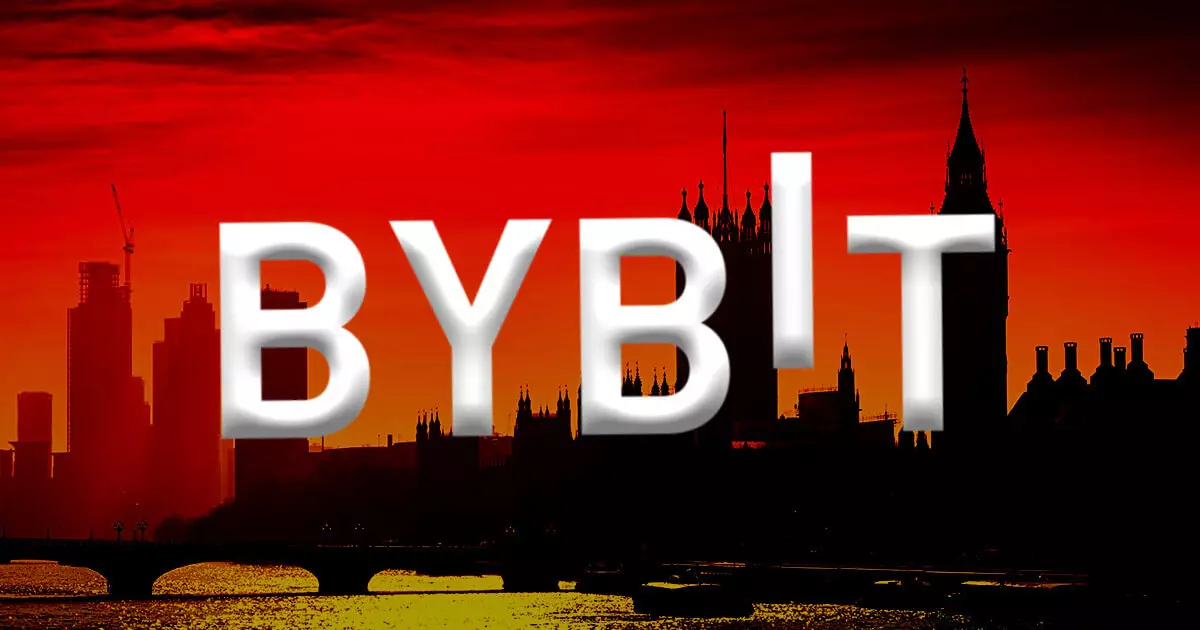Recently, Hong Kong’s Securities and Futures Commission (SFC) announced that it had added Bybit to its list of suspicious virtual asset trading platforms. The commission raised concerns about Bybit operating without the necessary license and offering its products to investors in Hong Kong. This warning comes as a response to the platform’s unlicensed operations.
The SFC highlighted that none of the entities within the Bybit group have obtained the required license to conduct regulated activities in Hong Kong. The warning specifically mentions 11 products offered by Bybit, including futures contracts, inverse futures contracts, options, leveraged tokens, liquidity mining, staking, lending, and wealth management. Among these products, Bybit Dual Asset and Bybit Shark Fin were identified as suspicious services.
The SFC made it clear that it may take further regulatory action against Bybit if deemed necessary. As stated in the release, the commission will not hesitate to enforce against unlicensed activities in Hong Kong related to crypto products, including futures contracts. Additionally, it is illegal to promote these products without proper authorization.
Investors who engage with unlicensed services like Bybit face significant risks. In the event that a platform shuts down, collapses, or misappropriates user funds, individuals may lose their investments with little to no recourse. This lack of regulatory oversight can leave victims vulnerable and unprotected in such situations.
Bybit is recognized as the third-largest centralized crypto exchange globally, boasting a substantial 24-hour trading volume exceeding $7 billion as of March 14th. Despite its significant market presence, the platform’s lack of regulatory compliance places investors at considerable risk when using its services.
The SFC’s decision to warn against Bybit underscores the importance of conducting due diligence before investing in virtual assets. The risks associated with unlicensed platforms can have severe consequences for investors, making it crucial to prioritize security, legitimacy, and compliance when choosing where to trade virtual assets.


Leave a Reply